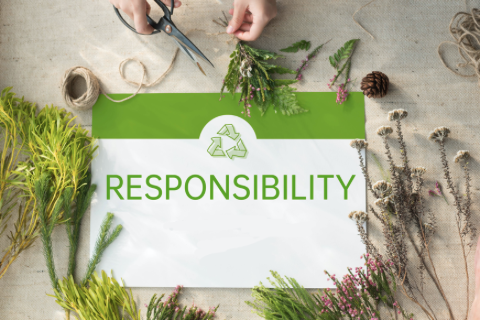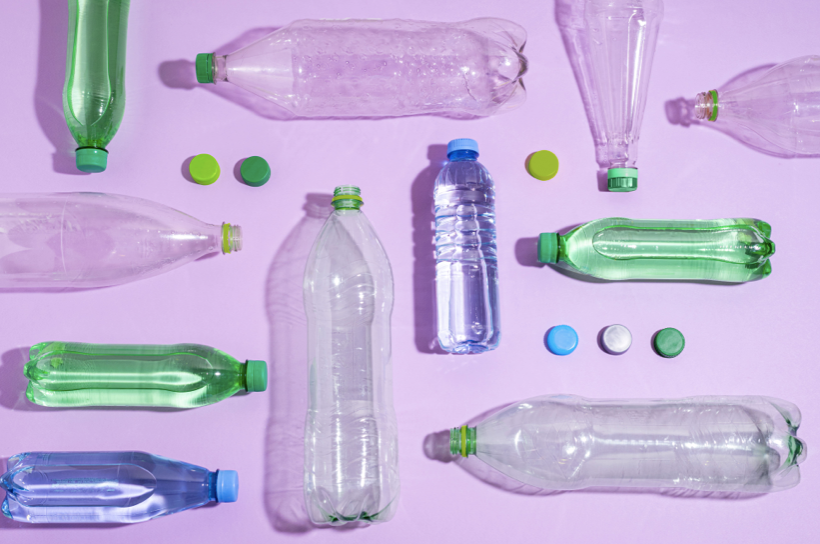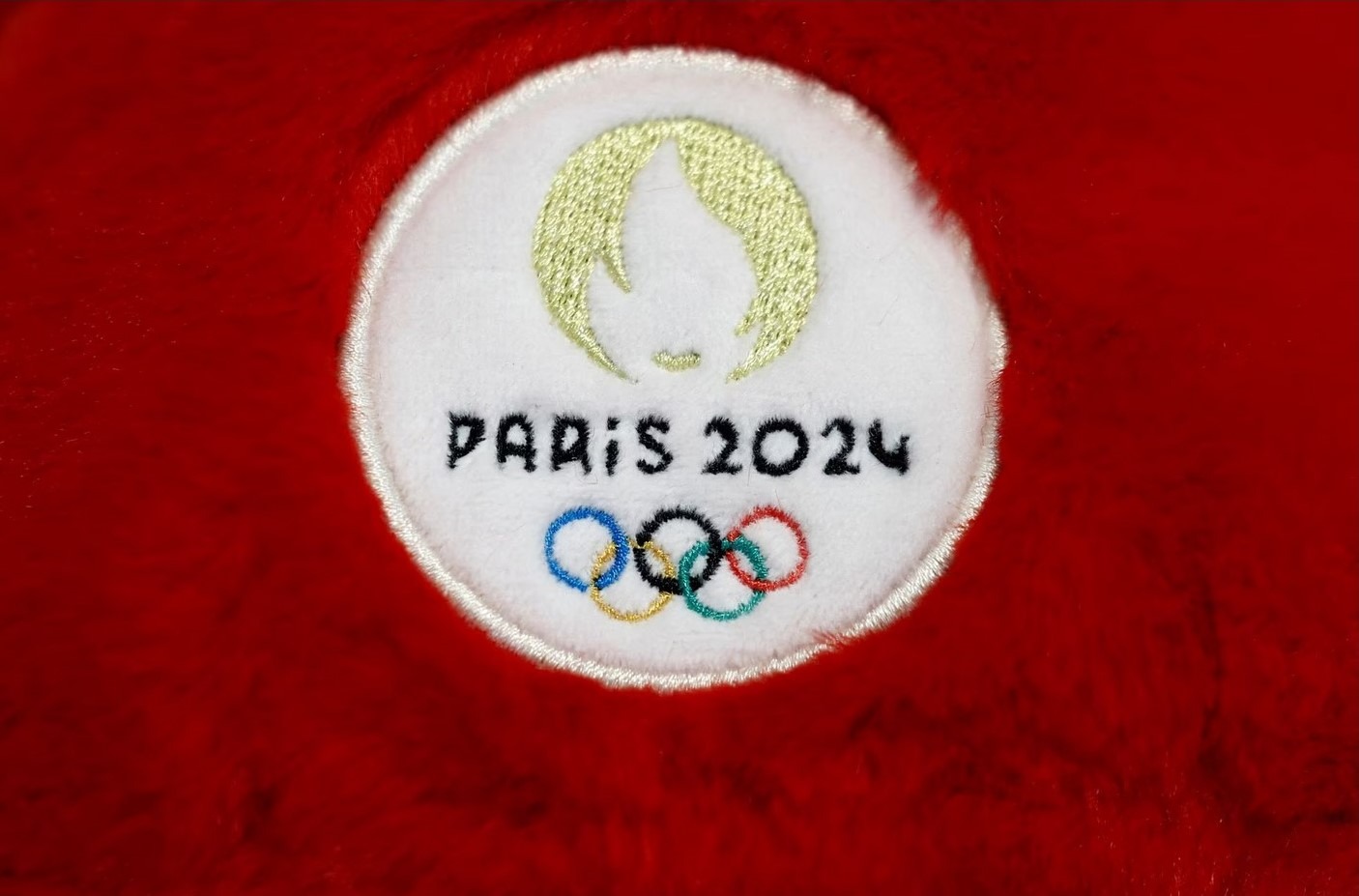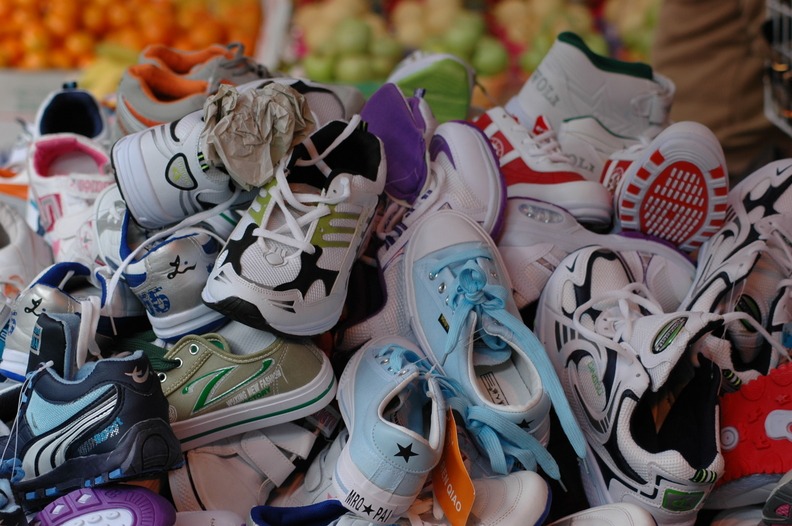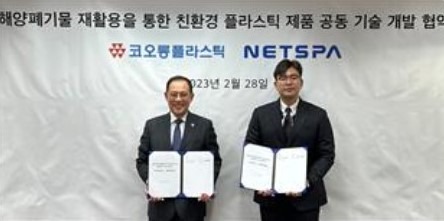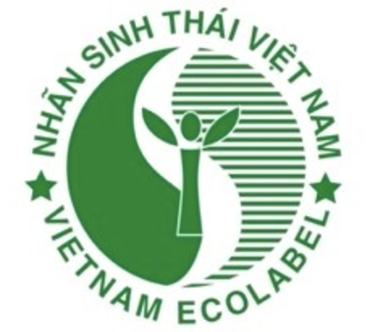Vietnam Extended Producer Responsibility (EPR) Regulations
Vietnam Extended Producer Responsibility (EPR) Regulations
Vietnam has emerged as a trailblazer within the ASEAN region by implementing the Extended Producer Responsibility (EPR) regulations through the newly enacted Law on Environmental Protection, effective on 1 January 2022. This groundbreaking initiative mandates that producers shall take on the responsibility of recycling and treating their products and packaging. By shouldering this accountability, the aim of the regulations is to reduce pollution, foster sustainable practices, and pave the way for a circular economy model in Vietnam.
Part 1 Competent Authorities
The competent authority in charge of EPR in Vietnam is the Ministry of Natural Resources and Environment (MONRE). MONRE is responsible for issuing regulations on EPR-related matters, determining the required recycling rates for different types of products and packages, and managing the Vietnam Environment Protection Fund (VEP Fund). MONRE also established Vietnam’s EPR Office, which is in charge of receiving and reviewing the recycling plans and reports from producers.
Besides, there are other Ministries involved in the implementation of the EPR regulations. For example:
-
MONRE collaborates with the Ministry of Science and Technology to establish recycling standards for diverse products and packaging.
-
The Ministry of Transport (MOT) takes charge of formulating regulations governing transportation management, which encompasses the gathering, transportation, recycling, and disposal of discarded products. MOT also collaborates with MONRE to establish the contribution amounts for recycling and waste management responsibilities linked to the means of transportation.
-
The Customs and Taxation authorities are actively involved in the auditing and inspection concerning reports and compliance efforts of producers.
Part 2 Existing Legal Framework
Part 3 Core Regulations: Recycling and Treatment Responsibilities
EPR's principal is put on the Law on Environmental Protection 2020 (the LEP):

There are two kinds of obligations for EPR:
1. Producer's recycling responsibility in accordance with Art.54 of the LEP
a) Organizations and individuals that manufacture or import recyclable products and packaging must recycle by the compulsory recycling rate and specifications.
b) Recycle products and packaging in one of the following forms:
-
Organize the recycling of products and packaging
-
Make a financial contribution to the VEP Fund to support the recycling of products and packaging
2. Producers' treatment responsibility in accordance with Art.54 of the LEP:
Organizations and individuals that produce and/or import products and packaging containing toxic substances, which are difficult to recycle or cause difficulties for collection and disposal, must contribute financially to support treatment activities.
3.1 Recycling Responsibility
3.1.1 Subjects to be recycled (recyclable subjects) and recycling timeline

The above infographic illustrates six categories of subjects relevant to recycling responsibilities as outlined by EPR regulations in Vietnam, along with their respective implementation dates. For instance, products such as electrical and electronic equipment (WEEs), including refrigerators, freezers, air conditioners, tablets, laptops, TVs, PC displays, compact fluorescent lamps, etc., are obligated to meet recycling responsibilities starting from 1 January 2025.
Notes:
a) Commercial packaging includes both immediate and outer packaging.
b) EXCEPTION APPLIED FOR SOME CASES:
-
Producers of products, packaging for export or temporary import, re-export, or production, import for research, educational, and experimental purposes.
-
Packaging producers whose revenue from sales and services of the previous year was under 30 billion VND.
-
Packaging importers whose total import value (calculated according to customs value) of the previous year was under 20 billion VND.
3.1.2 Two forms of implementation of recycling responsibility
In Vietnam, there are two primary modes to implement the recycling responsibility: self-organization of recycling and making a financial contribution to the VEP Fund. Producers retain the flexibility to opt for either of these approaches.

3.1.3 Procedure of registration and report relating to recycling responsibility

Self-Organizing Recycling: In the case of self-organized recycling, producers are obligated to annually register their recycling plans and report the recycling results of the previous year to MONRE by March 31st each year. If producers opt to fully authorize a PRO, such a party will take on the responsibility of registering and reporting on behalf of the producers.
The registration of recycling plans is determined by the quantity of products and packaging introduced to the market or imported in the previous year. Producers or the authorized party hold legal responsibility for ensuring the accuracy of information related to the registration of recycling plans and the report of the recycling outcomes.
Financial Contribution to VEP Fund: In situations where producers choose to contribute financially to the VEP Fund, they must submit a fee declaration (calculated and managed by producers themselves) to MONRE before 31 March. Only after this declaration was submitted can the producer make the necessary payments.
3.1.4 Recycling mechanism

Penalties and remedies for producers' violations:
-
Fines: Up to 1 billion VND for individuals, and 2 billion VND for legal entities.
-
Compulsory contract termination.
-
Removal from the recycling organizations, units, and authorized recycling entities list.
-
Violation information publication.
3.2 Treatment Responsibility
3.2.1 Subjects applied and roadmap:

Some exceptions applied to:
-
Producers of products, packaging for export or temporary import, re-export or production, import for research, educational, and experimental purposes.
-
Producers of products and packaging whose revenue from sales and service provision of the previous year is less than 30 billion VND.
-
Importers of products and packaging whose total import value (calculated based on customs value) of the previous year is less than 20 billion VND.
3.2.2 Procedure for declaration of financial contribution and payment

Producers must submit a fee declaration (calculated and managed by producers themselves) to MONRE before 31 March. Only after this declaration was submitted can the producers make the necessary payments.
3.2.3 Operation mechanism

Penalties and remedies for producers' violations:
-
Monetary fine: Up to 2 billion VND
-
Financial contribution to the VEP Fund to fulfill the violation responsibilities
-
Violation information publication
Part 4 Advice for producers in the implementation of the EPR regulations
1. Be aware of the types of products and packaging categories subject to EPR obligations, along with the corresponding recycling rates and contribution amount for each category. These specifics can be referenced in the appendices of Decree 08/2022/ND-CP.
2. Select the most fitting approach for recycling products and packaging, either through self-recycling or opting for a financial contribution to the VEP Fund. Deliberate the pros and cons of each alternative, encompassing factors like costs, the availability of qualified recycling service providers, and the environmental implications.
3. Complete the registration of recycling plans and submit recycling outcomes to Vietnam's EPR Office no later than 31 March each year. Prepare necessary documents for auditing/inspection by the authorities.
4. Duly declare contribution sums for both recycling and waste treatment responsibilities to the Ministry of Natural Resources and Environment and adhere to the stipulated payment timeline.
5. Stay informed about alterations in EPR regulations, which could include adjustments in recycling rates and contribution amounts every three to five years, depending on the product and packaging type.
Reference Link:
- [1] sustainability.chemlinked.com


